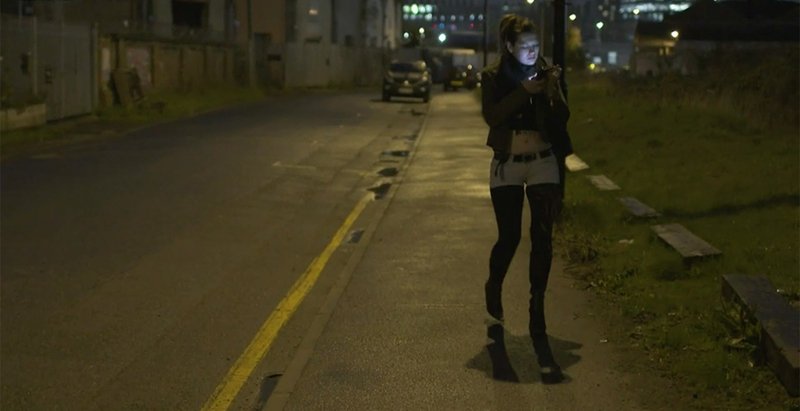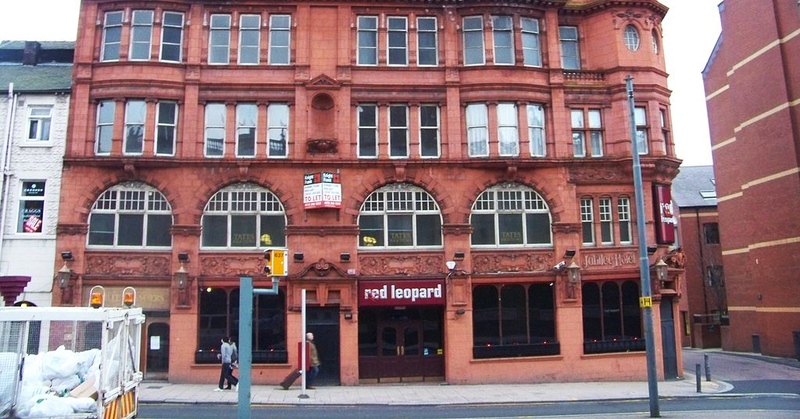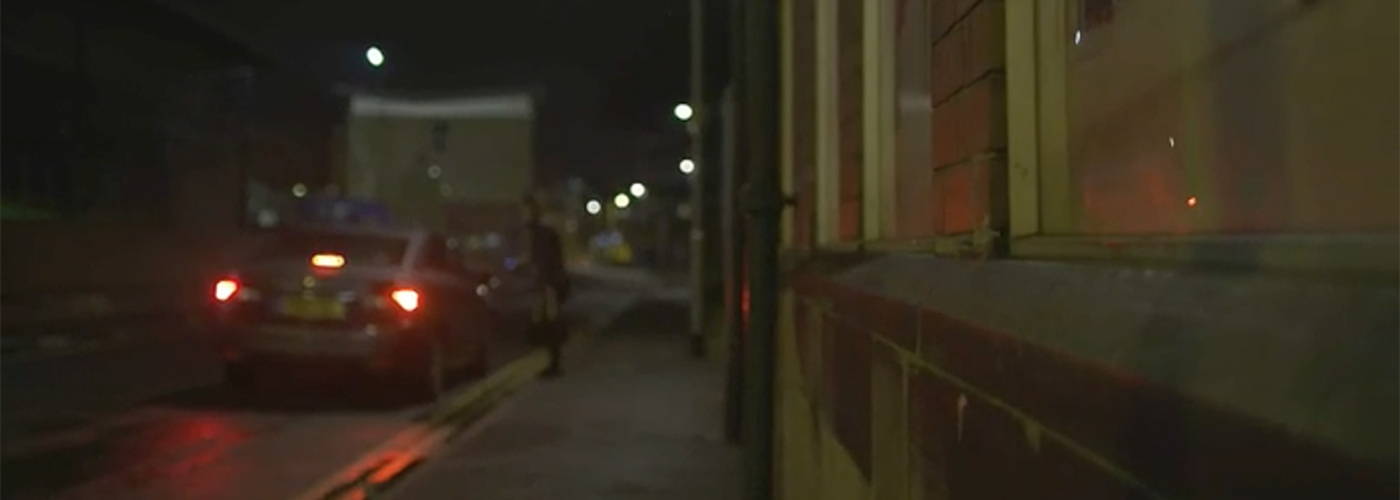Kate Ryrie looks at the double standards towards Leeds' sex industry and how they affect its workers.
A multicultural society with a thriving cultural scene, ongoing expansion bringing new business to the city; Leeds' forward-thinking reputation and aspirations fit in with its reality.
But when it comes to one industry in particular, Leeds is reluctant to break a longstanding taboo. Our sex industry has faced controversy in recent years; the debate over Sexual Entertainment Venue (SEV) licensing has dragged on, with changes in regulation sparking outrage from those who criticise Leeds City Council (LCC) for not clamping down hard enough. These claims are countered by a ‘what-goes-on-behind-closed-doors’ attitude from many who fail to see the darker side of this type of female objectification – and the dispute continues.
While the debate regarding SEVs has been well publicised, the contentious 'Red Light District' operating in Holbeck is less talked about. In January 2016, Holbeck became the only area of the UK to legalise sex work, meaning sex workers can operate without fear of arrest between 7pm and 7am , however most of the area’s narrative revolves around the development of South Bank Leeds – an £80m investment plan promising to double the size of the city centre, and bring growth across the area south of the River Aire. The reality of night-time in this part of town has been left behind.
Why are we shying away from talking honestly about the Leeds sex scene, when doing so could improve the safety of its workers?
In many ways, the scheme has been successful – more trust between police and sex workers has led to an increase in reported crime – but despite police claims that the number of prostitutes working in Holbeck hasn’t been affected, women working in the area have voiced concerns about an influx of new workers on the scene.
Questions have been raised regarding the future of the system, and how feasibly it can be implemented and regulated given the austerity affecting LCC, and the government cuts of almost a third facing West Yorkshire Police.

Similar austerity measures, a lack of employment opportunities, and benefit cuts and sanctions are what drive many sex workers into the industry, and a world frequently linked with drug use and crime. As many as 95% of street sex workers regularly use hard drugs, and prostitutes in Britain report instances of violence around 60 times per month – a figure mirrored by the crimes reported in Holbeck since the managed zone was brought in. The murder of sex worker Daria Pionko in Holbeck, just three weeks before the scheme became official, raises worrying questions about what could happen here were the police presence to decrease.
So, while women regularly put their lives at risk in the managed zone in Holbeck, the focus on SEVs in the city serves to mask the bigger danger of inadequately policed prostitution. In 2013, LCC introduced a new policy on sex venues, limiting the ‘acceptable’ number to four, and stating that SEVs should not be situated in a number of specified ‘sensitive’ locations.
This policy maintains the legality of SEVs, despite the council’s open admission that these venues do not fit with the cultural diversity of Leeds, due to their narrow appeal and explicit content. The existence of places where women take their clothes off for money serves to normalise female objectification, and entrench the division between their primary audience of heterosexual, young and often fairly-well-off males, and the rest of the community.
While many of the women who work in such clubs are pursuing their chosen profession, some turn to this kind of work as a last resort when cash flow is low, and vulnerability is high, often feeling financially forced into stripping for money. This lack of choice is paralleled by those working as part of a more sinister industry, which remains in full swing just round the corner. Taking advantage of women as sexual objects or products is a worn out practice that should be repelled from Leeds, whether that’s from its night clubs or its streets.

So why are we shying away from talking honestly about the Leeds sex scene, when doing so could greatly improve the safety of its workers? Leading charity, Support After Rape and Sexual Violence Leeds, (SARSVL) campaigned in 2013 to close down all the SEVs in Leeds, but has since refused to address the managed sex work zone. With apparent values of feminism and inclusion at its core, SARSVL has powerful potential to reduce the stigma faced by prostitutes, but has gone on record very little about the women working in Holbeck, and the fears of violence that they have voiced in the press.
It seems that we can just about deal with the enticingly illicit nature of Sex Entertainment Venues, but when it comes to prostitution, we come over all prudish.
No matter how much we concentrate on development plans elsewhere in the city, police cuts, crime and reductive attitudes aren’t about to disappear. Plans for the future must take into account and support the “other” side of life in Leeds, and make the less glamorous investment of time, social improvement, and police mobilisation.
That also means speaking about every aspect of the city’s sex industry; Leeds City Council owes transparency to the city’s residents - and especially to those who work in the industry. - about its motives for allowing SEVs and sex work to operate within our diverse community.
The fact that these industries exist isn’t about to change, but if we are to move forward as a connected community, we must address them openly, with an acceptance of others’ viewpoints and circumstances, and a common interest of making our city better for everyone within it. Kate Ryrie


